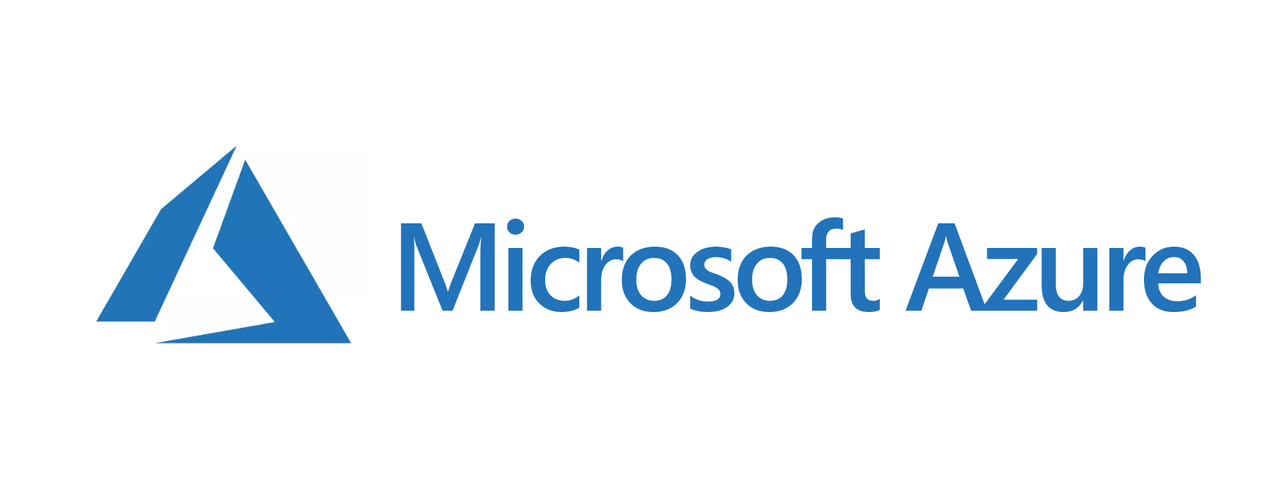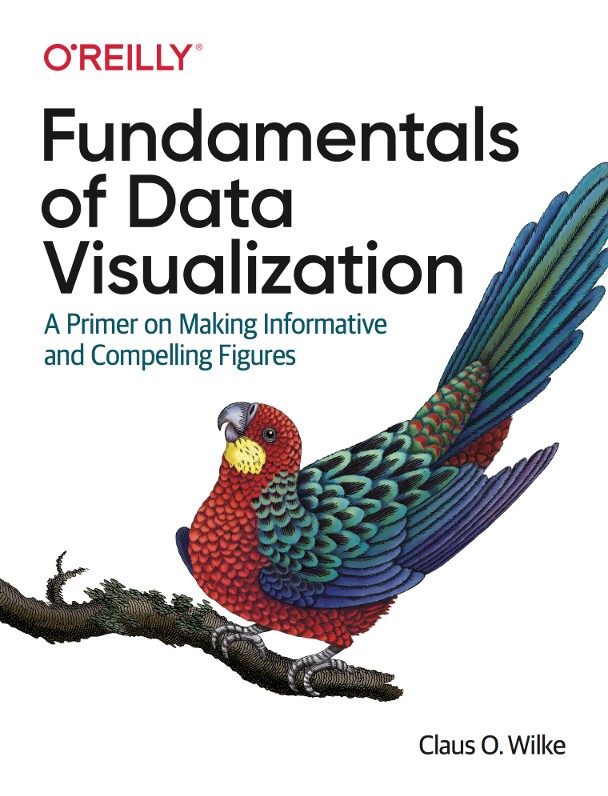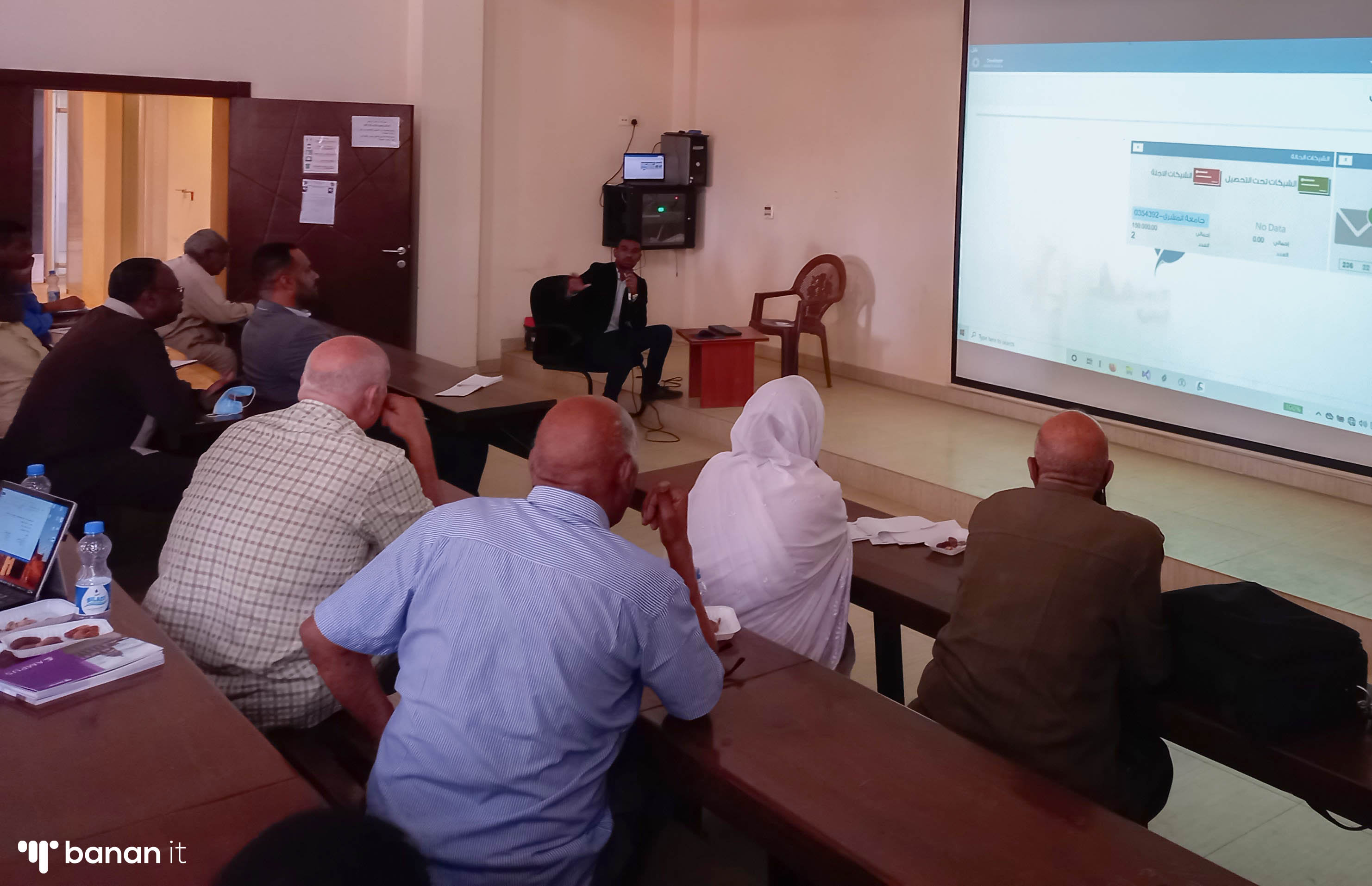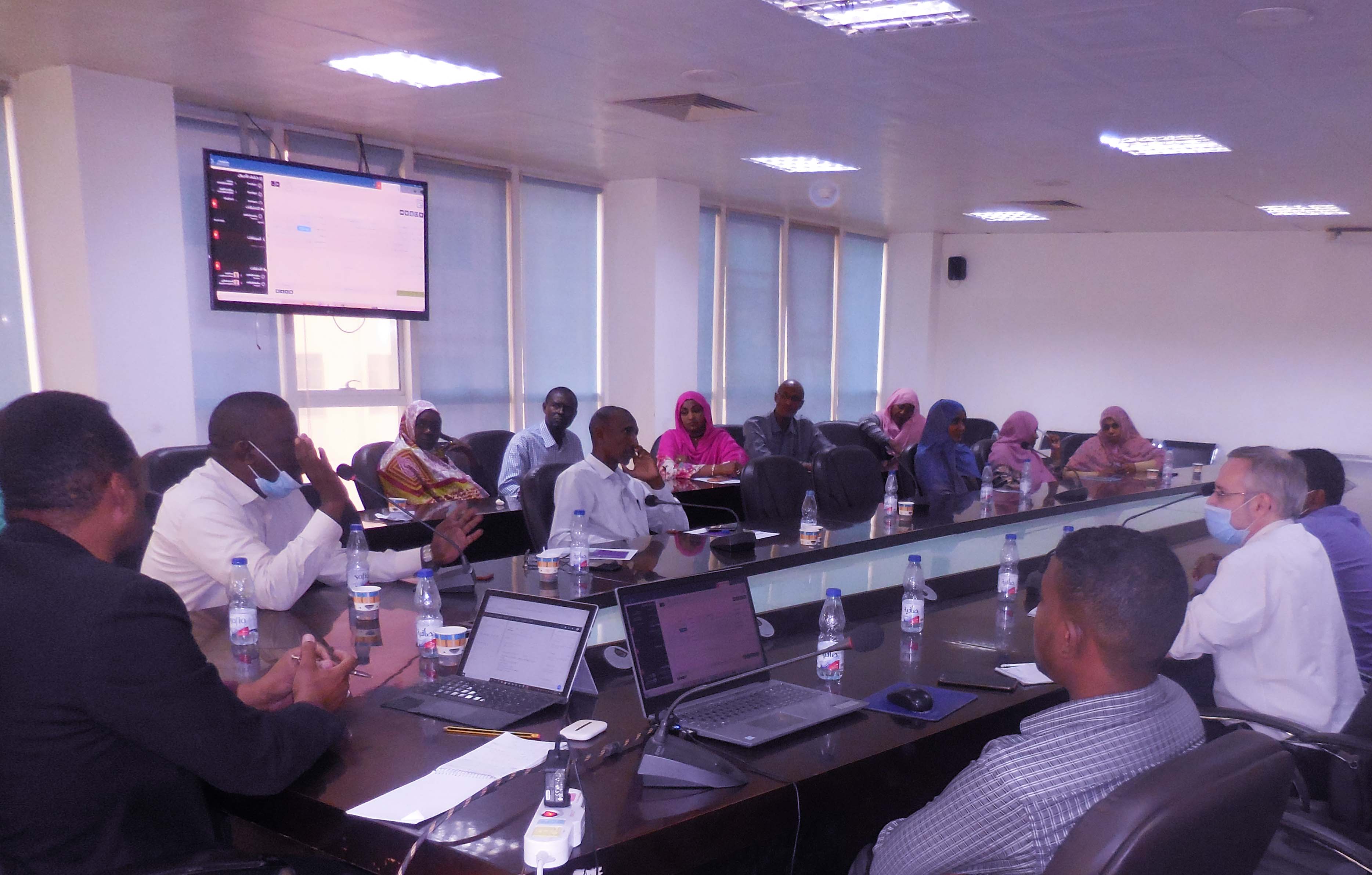 By Khalid Hassan
|
Sep 09, 2021
By Khalid Hassan
|
Sep 09, 2021
Hello there, this is Khalid. I'm a software developer. I've started my professional career as a cloud engineer for a period of eight months then I worked as a software developer. I'm in love with cloud technologies so in this post I will talk about my journey with cloud technologies and also my first achievement in the cloud which is the Microsoft Azure Fundamentals certificate.
If you google cloud computing you will find a lot of definitions but the clearest definition for me is what Microsoft mentions on their page "Cloud computing is the delivery of computing services including servers, storage, databases, networking, software, analytics, and intelligence over the Internet (“the cloud”) to offer faster innovation, flexible resources, and economies of scale". Recently there is a tendency to provide services through the internet and the concept of providing "something as a service" is becoming more familiar to people (e.g. infrastructure as a service IaaS).
So why did even people decided to go cloud-wise?? The reason behind that is to remove all capital expenses (e.g. buying large assets and data centers) and the headache of infrastructure management to third-party and focus on the delivery of their businesses and services which means faster and reliable delivery.
The cloud platform that I've chosen to learn is called Azure and the cloud provider for Azure is Microsoft. I really like Azure because it is rich with a lot of services, the user interface is simple and everything is well arranged so that you can easily deal with it. The starting point for me to learn Azure is Alan Rodrigues's course on Udemy and small applications that I've built with the aid of the Azure portal. The course was about Azure fundamentals and it was really exciting for me. Azure is rich with a lot of services so, it is difficult to know every single detail in it but I will give you a brief description of the service categories that I've seen in the course which are:
- Computing services which concerned with virtualization and having computed capacities (e.g. virtual machines or virtual computers that can be accessed from anywhere).
- Networking services which concerned with the network stuff and it is about rules that govern how the internet traffic goes inside and outside the azure world.
- Storage services which concerned with storing data in databases, data disks, shared file systems, and data lakes for big data.
- Web services which concerned with providing a fresh and ready environment for web applications so you can deploy your website quickly.
- DevOps services which concerned with the automation of continuous delivery of your applications and building an end-to-end pipeline from your code to final release.
- Security services which concerned with the protection of your cloud services and even provide secure solutions for the use of confidential data (e.g. key vault service).
- Management and governance services which are concerned with the monitoring and management of Azure resources and also it has services that can provide suggestions to have the best experience from azure.
These are the main categories that I've seen and also what I really find interesting is the pricing plans because it is very flexible. After I understood the course very well I took the Microsoft Azure Fundamentals exam (AZ-900) and passed it.
I advise anyone to learn about the cloud and use it in their domain to see how much they can be more productive with the aid of the cloud. I guess the cloud will be the most dominating technology in the upcoming years.


Book Review: Fundamentals of Data Visualization
A brief review of the book Fundamentals of Data Visualization by Claus O. Wilke.
read more
The successful day-to-day operation
The successful day-to-day operation of a university require an ongoing collaboration between different departments.
read more



